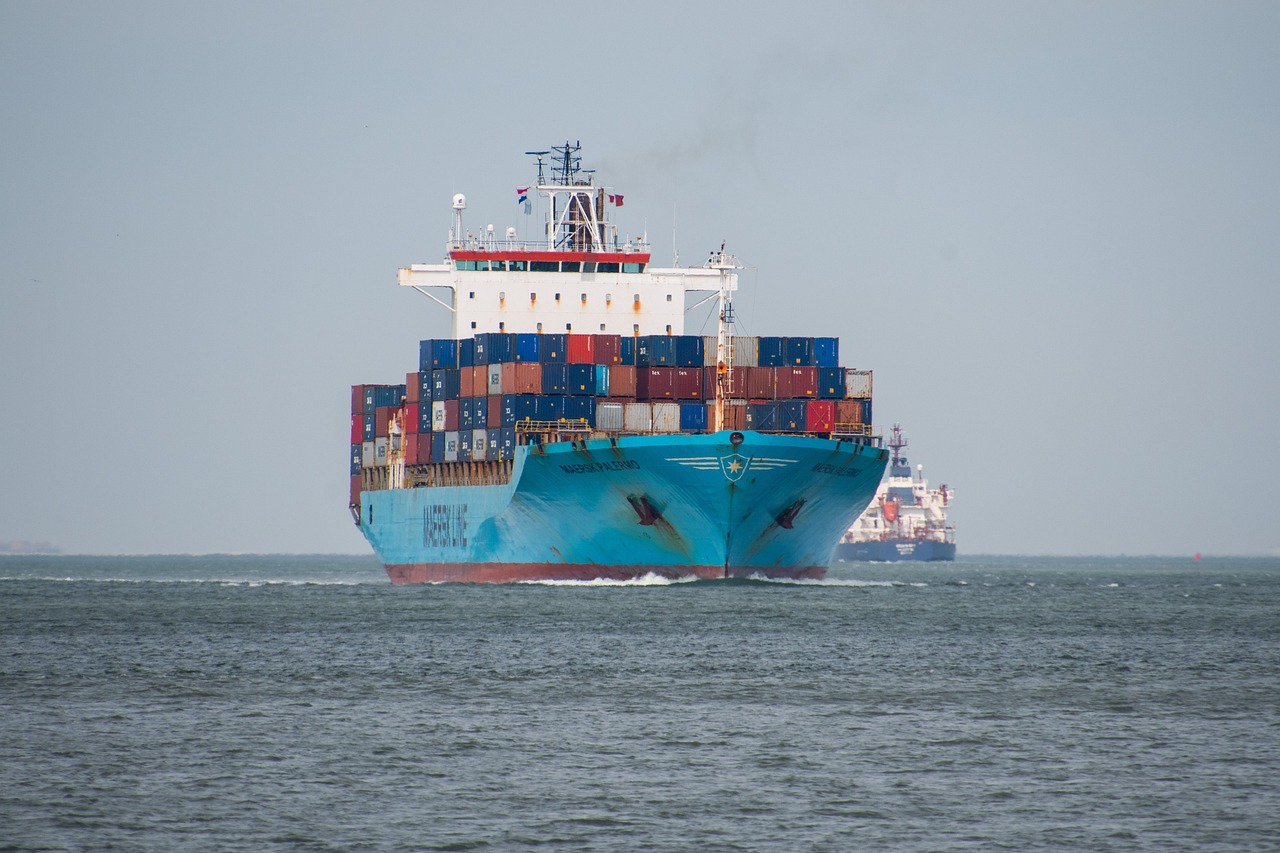
Sending weapons to Ukraine would prolong the war, and more people would die, said the foreign minister.Continue reading

The international community has an important task to keep order on the world’s seas, and must ensure the possibility of free navigation and trade. However, it has to be in a way that does not cause an escalation of the security threat that is the source of the problem, Minister of Foreign Affairs and Trade Péter Szijjártó said in Brussels.
Speaking at a press briefing at the EU Trade Council, the minister noted that due to the current serious security crises, world trade is facing major challenges today, which particularly affect export-oriented economies like Hungary.
Hungary therefore has a strong interest in the smooth and free flow of world trade and economic processes.
He spoke of political and ideological challenges on the one hand, and security threats on the other, and that the government considers it important to address both. “Security threats mainly impact the freedom of trade, while political-ideological threats endanger the free flow of investment,” he pointed out.
Péter Szijjártó first touched on security threats, in particular the fact that freedom of maritime trade is at risk in the Red Sea,
illustrating the vulnerability that armed conflicts anywhere in the world can easily paralyze global supply chains.
“It must therefore be made clear that the world’s seas must be kept in order,” the Minister said. “The international community has an important role to play in keeping order in the world’s seas and enforcing the right of free navigation,” he added.
Szijjártó stressed that the situation in the Red Sea and the resulting delays in the transport of goods from the East to Europe also demonstrate the interdependence that is having a negative impact on the continent’s economy, with the temporary closure of factories and the threat to jobs.
In this context, he called Eurasian trade cooperation critical for the European economy.
“The Red Sea problem will be solved by those who are strong enough. But if political means are used in the long term to try to dismantle East-West cooperation, there will be long-term negative consequences,” he concluded.
As Hungary Today previously reported, work at the Suzuki factory in Esztergom (northern Hungary) was suspended from January 15 to 21 due to delays in the production of engines in Japan. Car parts did not arrive on time due to aforementioned transport problems in the Red Sea. Production resumed this week from January 22. However, Suzuki was not the only company affected by the transport issues. Car makers Tesla and Chinese Geely-owned Volvo Car, also announced that they were suspending work in Europe for the same reason.
Via MTI; Featured image via Pixabay